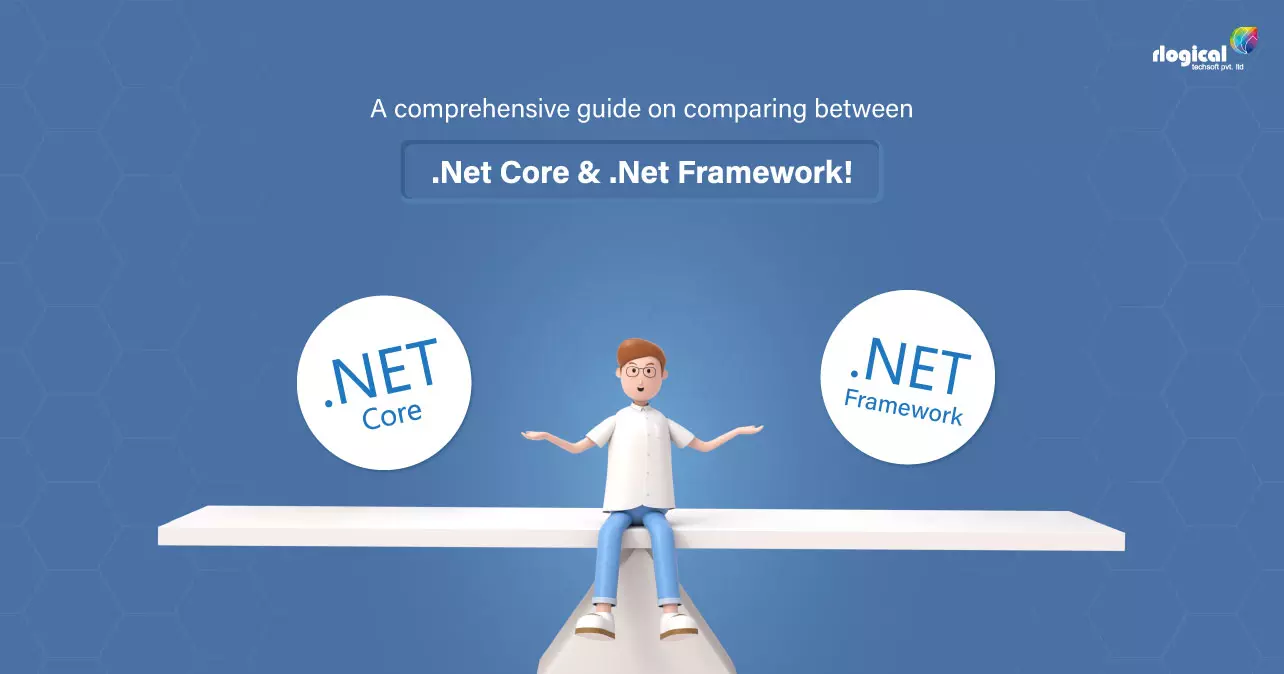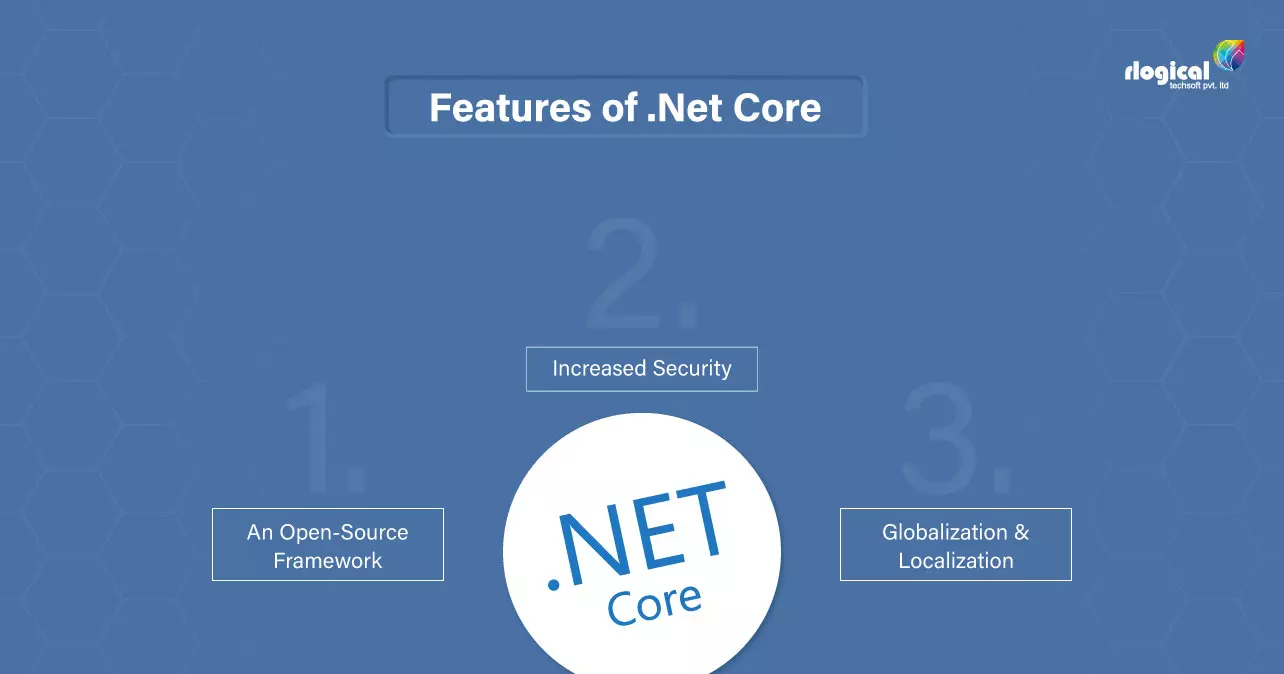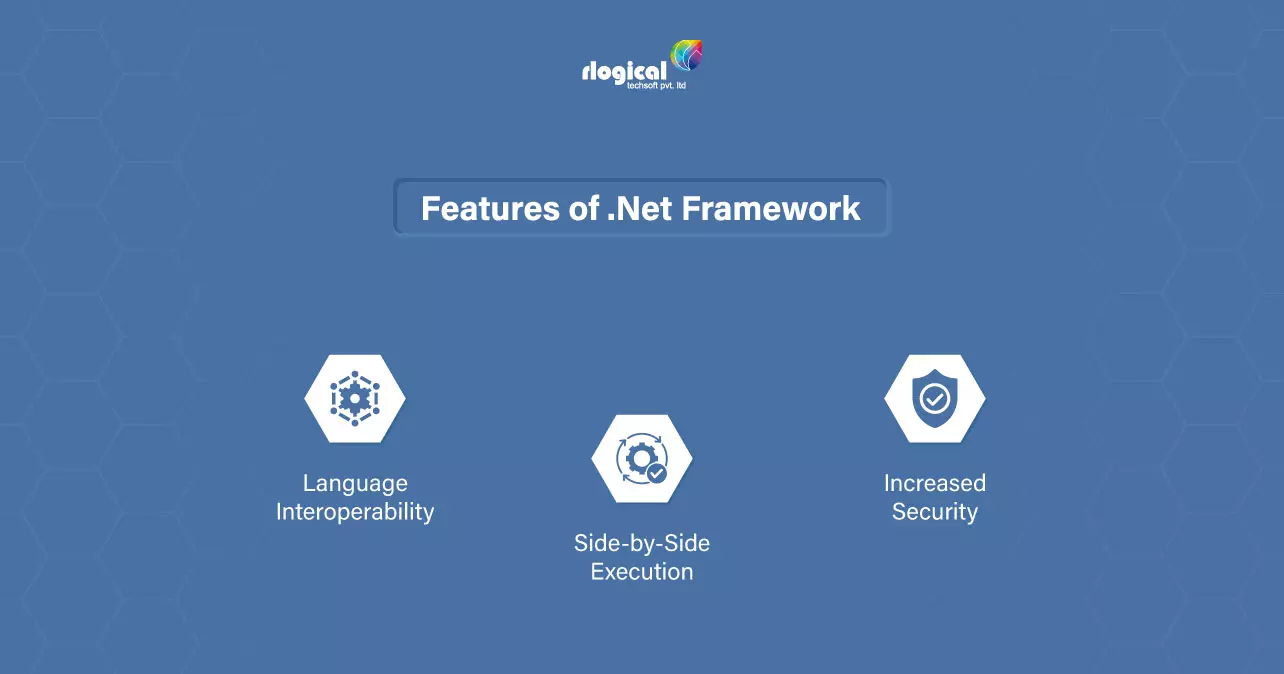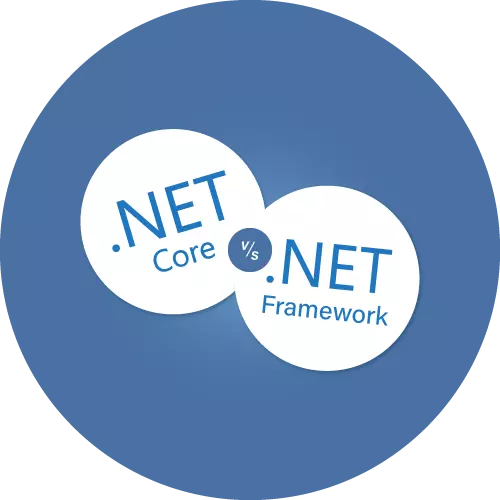
|
Getting your Trinity Audio player ready...
|
Keeping up with the most recent technological advancements is becoming more difficult due to how quickly they develop .Net patterns are one of them. However, an increasing number of developers assert that they use. Popular web development frameworks include .Net Core and machine learning. In the field of web development, .Net is not only necessary but also the leading player. It is advancing and changing quickly.
We might anticipate getting even more features and functionalities in 2023 as it strengthens. Microsoft consistently invests in its technological foundation, enabling developers to create safe and secure software products that let businesses better meet the constantly changing needs of their customers. Microsoft’s software products have their lifespan, and we need to alter our software to comprehend their utility.
One of the most well-known and widely used frameworks for creating web and mobile applications that smoothly assist businesses in scaling new heights is Dot Net. Every industry leans toward using dot net development companies, and demand is outpacing supply. Microsoft created the .Net Framework, the best platform for all tech businesses. Dot Net development is beneficial for web APIs and MVC structures as well.
Additionally, dot net development aids API growth for application development and the transformation of the overall business setup. As a result of their development, .net development companies are increasing and becoming increasingly well-known. It is also well-liked by significant industries due to its open-source philosophy and command over the community. Let us understand more by the .Net Core vs. .Net Framework comparison.
What Is .Net Core?
.NET is referred to as .Net Core, presently, and it is an open-source and cross-platform utilized for a development environment that can create various applications. The application might be a gaming app, a desktop application, or both. In essence, it serves as a platform for creating various applications. Microsoft announced the release of ASP .NET 2.0, a revamped edition of ASP .NET Core, a few years ago. An improved version of the earlier frameworks is the .Net Core application.
Features of .Net Core

Before heading towards the comparison, look into the features of .Net Core:-
1. An Open-Source Framework
It is one of the significant reasons the dot net development company uses this Framework is its open source. It helps to modify the web applications as per the requirement of the enterprise. The framework codes are available in central repositories for all the developers. And, due to this reason, the Framework becomes seamless.
2. Increased Security
These days, security is a top concern for businesses. Software that isn’t encrypted is a severe problem, so businesses should take encryption very seriously. Numerous security features are available with .Net Core. Data protection, threat prevention, and authentication and authorization mechanisms. To get secureness, you just require .Net Core.
3. Globalization and Localization
Localizing data within a dot net application is simple due to .Net Core. If you want to use your application worldwide, localization is a requirement. The benefits of .Net Core make it possible to adapt your application to different languages using resource documents. Web pages can read these resource documents and receive label data from them, making them the central repository where all records are kept.
Read Also: Benefits of Using ASP .NET for Customize Web Apps
What Is .Net Framework?
Since the initial release of the .NET Framework in 2002, Microsoft has developed the .Net Framework as a toolkit for building and executing Windows applications. The desktop and web application development framework is the .NET framework which comprises development tools, computer languages, and libraries. The .NET Framework can create websites, web services, games, and other content. Form-based, database-based, and web-based applications can all be made using the .Net Framework.
Features of .Net Framework

Here are the features of the .Net Framework: –
1. Language Interoperability
Accessing COM components in the System and using code written in any language is called language interoperability. In other words, this refers to a program’s capacity to communicate with program code created in another programming language. Maximizing code reuse can enhance the effectiveness of the development cycle.
2. Side-by-Side Execution
Utilizing compositions, the .NET Framework enables you to install different versions of an application on a system. The .NET Framework’s deployment units are assemblies. The IL code and metadata are both contained in an assembly. The metadata includes details such as the versions of the other assemblies that the assembly depends on. The Common Language Runtime uses the information in the metadata to identify application dependencies and enables you to run multiple versions of an application concurrently.
3. Increased Security
The form detector ensures that every object, value, and reference to an object, value, or reference is valid while the program runs. The type checker makes sure that integer variables are only given integer values. Only legitimate operations are carried out on the objects or values due to the type checker’s protection provided through .Net Framework.
A Brief .Net Core vs. .Net Framework Comparison
Understand the following difference to know what to choose and which is better for the best products and results.
1. Performance
The most demanding development tasks benefit from the impressive scalability and performance of .NET Core. In contrast, .NET, Framework performs less well when compared to .NET Core in terms of scalability and performance. The reason is that developers don’t need to spend money on new infrastructure or hardware equipment to improve performance significantly. Development teams can create and deploy cloud applications with little time and effort.
2. Deployment Model
When developers start updating .NET Core, it does so immediately and without affecting anything on each system. .NET Core’s deployment model is, therefore, adaptable and straightforward to comprehend. Web applications must be deployed on Internet Information Server, according to an analysis of the .NET Framework. One of two approaches can be used to host the web applications you create with ASP .NET Core. ASP .NET Core applications can be deployed immediately in the cloud or self-hosted using a customized hosting process.
Read Also: Top Reason to Choose .NET for Enterprise App Development
3. Security
The Windows security model and Code Access Protection, updated by Microsoft with the most recent security patches, are used by the .NET Framework. Despite the lack of Code Access Security, .NET Core employs a more adaptable and contemporary security model, making it a more secure choice.
4. CLI Tools
An integrated development environment like Visual Studio is an option when using the lightweight, cross-platform Common Language Infrastructure offered by .NET Core. Whereas the .NET Framework also includes command-line interface tools, which enable programs created for the Framework to be converted into CIL code rather than machine code.
5. Compatibility
The feature distinguishing .NET Core as the best among competing technologies is that it is compatible with Windows, Linux, and macOS. The entire .NET architecture was redesigned to create .NET Core, which will aid businesses in creating applications that run across all systems. It may be appropriate to use .NET Core, which supports other widely used platforms besides Windows.
The .NET Framework supports a constrained model that only allows the Windows operating system to run websites, apps, and web services. The .NET Framework is only advised in the cross-platform framework space when an organization deploys the Framework for an extended period.
6. Microservices And Rest Services
Microservice-centered systems can be constructed relatively quickly with .NET Core. This is because while .NET Core incorporates efforts to implement microservices, you still need to generate a REST API. Your design team can choose the component of the .NET Core system best fits your business model because it comprises isolated, reliable microservices.
Programmers can use different languages and technologies to create customized microservices using .NET Core. The .NET Framework does not support microservice design and implementation. The fact that it claims to support REST API services, though, will make you happy.
7. Mobile Application Development
Through the .NET Standard Library, .NET Core assists Xamarin. You can use Xamarin to create cross-platform mobile apps using the same APIs and a common codebase. Additionally, you can use the tools provided by Xamarin to adopt a mobile application for various operating systems, including Android, iOS, and Windows phones. There currently needs to be sophisticated tools included in the .NET Framework to make the development of mobile applications more accessible.
Read Also: Xamarin Vs Flutter – A Complete Comparison
GIST
A useful gist to better understand the comparison of .Net Core vs. .Net Framework.
Prefer .NET Core If:
- The project mandates cross-platform integration.
- The task needs the evolution of microservices.
- The project depends heavily on CLI, as .NET Core is appropriate for CLI.
Prefer .NET Framework If
- Applications exist and operate on .NET Framework.
- The Applications demand technologies like web forms, workflow, or WCF unavailable in .NET Core.
- Applications are created to operate on Windows independently.
Conclusion
We now have a solid understanding of the .NET Core and .NET Framework. Modern society has precise requirements for cutting-edge programming languages and modern technology. The newest iteration of Microsoft’s .NET Framework is called Dot NET Core. The .NET Framework was created to enable programmers to create applications that run on Microsoft’s Windows, and .NET Core was created from the ground up to be a lightweight, quick, and multi-platform Framework.
A robust and experienced framework is necessary for a few implementations and microservices to support them in the background. And in these circumstances, .NET Core can meet all of those requirements. Still, overviewing this .Net Core vs. .Net Framework comparison might give you a better understanding of choosing the right tool.
Rahul Panchal
Rahul Panchal is the Founder & Managing Director at Rlogical Techsoft Pvt. Ltd. He is a pioneer tech enthusiast who has assisted diverse enterprise solutions with a fresh perspective over the years. From integrating technologies like Full-Stack, .NET, Flutter & PHP, he has harnessed custom web or hybrid mobile app development projects. His creative outlook on the latest models of AI, ML, blockchain, and IoT, has made various businesses attain leading-edge success.
Related Blog
- Java or Dot Net: Which is Better for Web App Development?
- Why is the ASP.NET platform so popular for customized web apps?
- .NET Enterprise App Development: 6 Reasons To Choose
- Top 7 Benefits of .NET Framework for Business Application Development
- Why Enterprises Choose ASP.NET Core for Web Application Development?
Categories
- All
- Amazon Web Services (AWS)
- ASP.Net Development
- Azure Web App
- Big Data Analytic
- Customize
- Digital Marketing
- Drupal Development
- E-commerce web development
- Education Mobile App Development
- Enterprise Application
- Event Management App Development
- Fintech
- Fitness App Development
- Food Delievery
- Front-End Development
- Healthcare App Development
- Hire Dedicated Developers
- Hotel Booking App
- IT Industry
- JavaScript Development
- Mobile App Development
- On Demand App Development
- On Demand Healthcare App Development
- PHP Development
- POS Software Development
- Real Estate Mobile App Development
- Retail Business App Development
- Salesforce
- Social Media Development
- Software Development
- Technology
- Transportation App Development
- UI/UX Design
- Web Design
- Web Development
- Web Services
- Web/Data Scraping Services
- WordPress



 Rahul Panchal in ASP.Net Development
Rahul Panchal in ASP.Net Development 





